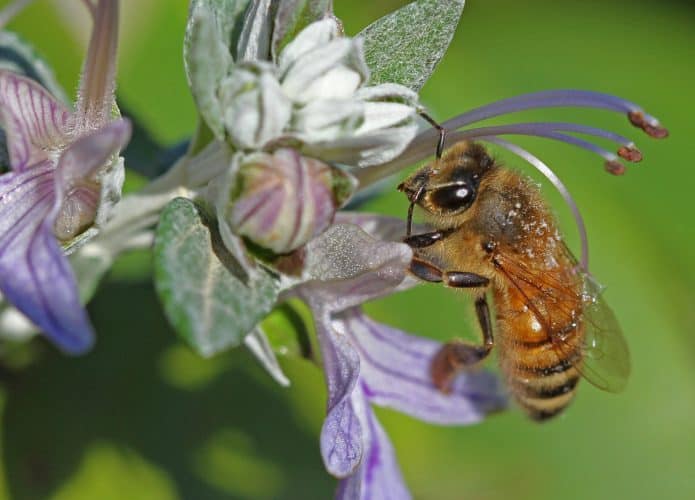An article published in the magazine New Botanist Wildflowers, like almost everything else, appear to be suffering from global warming.
Read more
{{#values}} {{#ap}}
{{/ap}} {{^ap}}
{{/ap}} {{/values}}
Climate change and human progress in agriculture have led to a decline in insect populations. These tiny creatures are responsible for pollinating more than 80% of known species of plants and flowers.
In other words, without insects, plants wouldn't be able to reproduce, right? Okay, but that's not what happens.
According to scientists, some wildflowers that grow on agricultural lands have evolved and adapted to perform a type of self-fertilization.
Scientific study
- Samples of pansies growing in an area near Paris, the capital of France, were analysed.
- The units were compared with other units grown in the laboratory from seeds collected between 1992 and 2001.
- This is known as the “resurrection ecology approach” and helps compare modern flowers to their ancestors.
- To the researchers' surprise, today's flowers are 10% smaller and produce 20% less nectar than their predecessors.
- Scientists say this could signal the beginning of a cruel vicious cycle: fewer insects lead to less nectar production in flowers, which means insects have less nectar to feed on, causing an even greater decline in insect populations.
What happens if the errors disappear?
Although they are sometimes annoying, insects play an essential role in producing food and maintaining our ecosystem.
One BBC report I spoke with experts who warned: “If we removed all the insects from the world, we would die too.”.
The statement comes from Erica McAllister, chief curator at the Natural History Museum in London.
Insects help speed up the decomposition of debris, which enriches the soil.
Furthermore, they are responsible for pollinating flowers and are the diet of countless animals, including birds, bats, frogs and fish.
Without insects, many species of plants and animals would die, potentially causing the collapse of our ecosystem.
According to scientists in this study conducted in Paris, it is necessary to find a way to preserve these creatures to avoid their extinction – and our own extinction as a result.
Information from the portal IFL Science.

“Wannabe internet buff. Future teen idol. Hardcore zombie guru. Gamer. Avid creator. Entrepreneur. Bacon ninja.”

